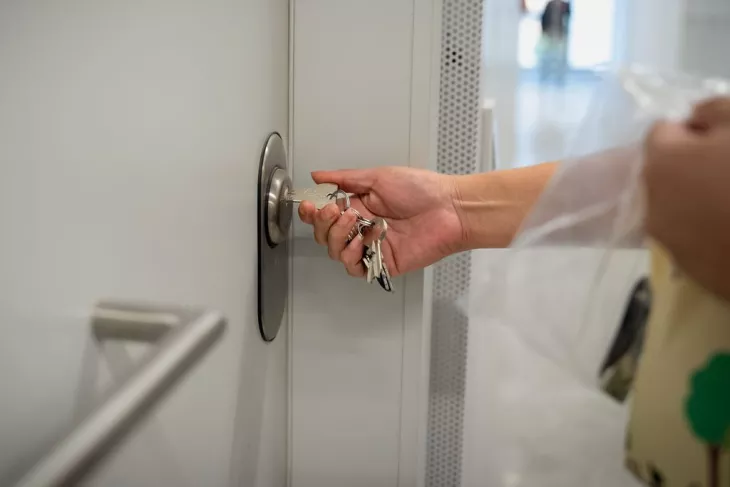Buying a dwelling

Before you embark on buying a dwelling, make sure you have your identification number for foreign nationals (NIE, which stands for Número d'identificació d’estrangers) as this is a legal requirement for buying a property in Spain. Consult the section on formalities.
In addition, you will have to have a bank account to make the necessary payments.
If you have any language difficulties, whether in Catalan or Spanish, we recommend you receive advice from a lawyer or expert in properties. They can provide you, for example, with translations of documents and give you all the explanations you need.
Purchasing is not a complex process, although it does require formalities and checks that take time.
If you need funding to purchase your dwelling, you can ask your bank for a mortgage. The maximum amount for such types of loans is 80% of the purchase price.
Whether you are purchasing or renting, be aware that the dwelling must have a certificate of habitability and a certificate of energy efficiency.
Make sure too that the dwelling is free of any encumbrances, such as administrative urban-planning changes to property's use and status, or debts yet to be paid. Note that mortgages in Spain can be transferred to new owners.
Once all this is in order, you will have to sign an earnest money contract. This document must include all the dwelling’s specifications and establish the terms and conditions of the final sale: price, method of payment and maximum term for making it (normally two months). Signing this document usually requires payment of a sum equivalent to 10% of the sale price (as a guarantee bond). If, during the established term, the owner decides not to sell or breaches the terms of the earnest money contract, they will have to forfeit twice the amount of the guarantee bond to the other party. If it is the purchaser who backs out of the agreement, they will lose the amount handed over.
The purchase contract is signed by the purchaser, seller and notary a couple of months after the earnest money contract has been signed. This is when you will have to pay the taxes involved —value added tax (IVA) for new dwellings and property-transfer tax (ITP, which stands for Impost de transmissions patrimonials) for second-hand dwellings — as well as the notary’s fees and registration with the Land Registry.
Where a mortgage is necessary, you will have other derived expenses, for example, for taking out an insurance policy covering Act of God risks and third-party damage and/or loss.


